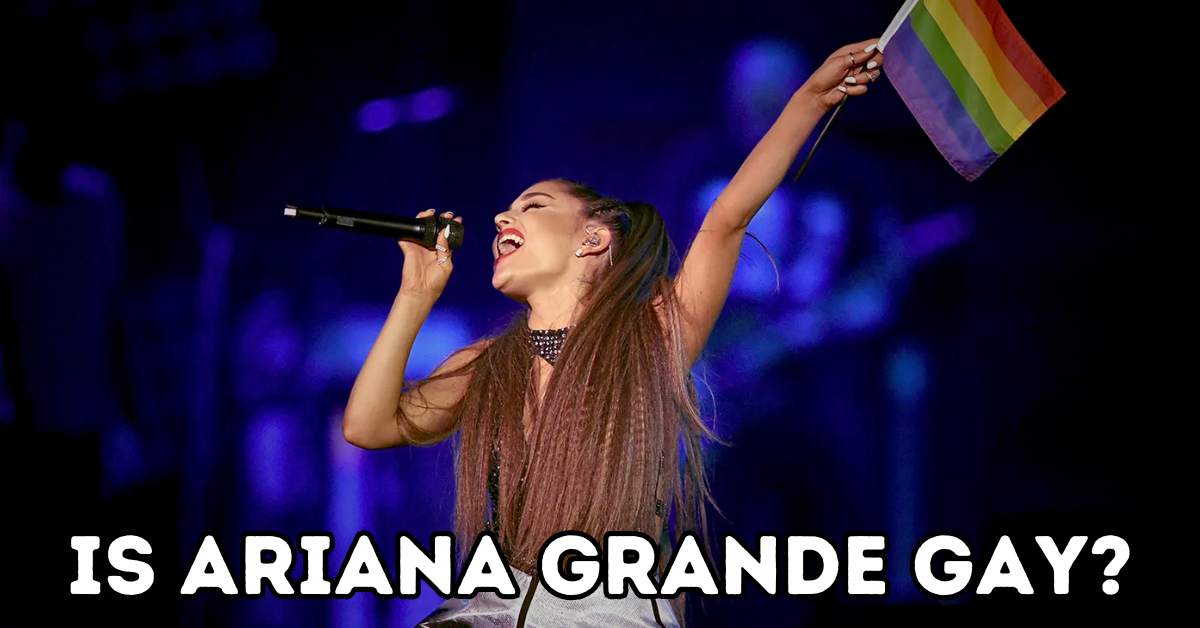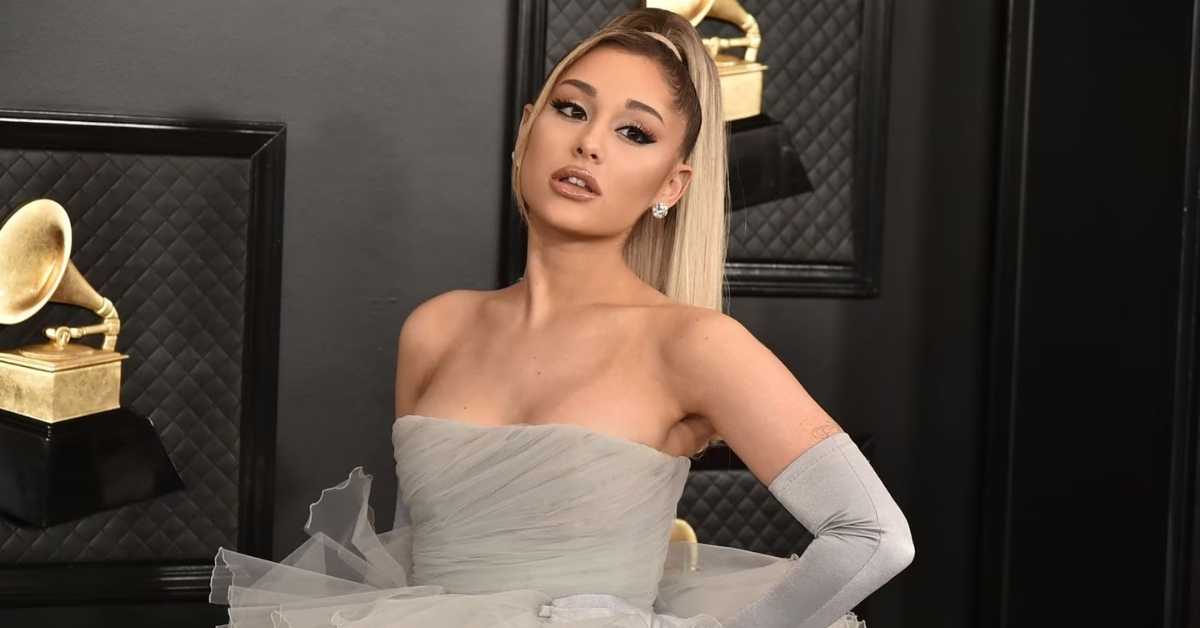Ariana Grande, the powerhouse vocalist and pop sensation, has been a vocal supporter of the LGBTQ+ community for years. But there’s been a cloud of speculation surrounding her own s*xuality, and it all comes down to a few lyrics in her songs.
So, is Ariana Grande gay? Let’s dive into the queerbaiting controversy that has sparked debates and discussions.
What is Queerbaiting?
Queerbaiting is a term that’s been making waves in recent years. But what exactly does it mean? Queerbaiting is when a public figure, often a celebrity or artist, uses hints of s*xual ambiguity to tease their audience about their s*xuality. This practice is sometimes seen as a way to gain attention or appeal to different demographics without explicitly confirming one’s s*xual orientation.
In 2019, Ariana Grande released a song titled “Monopoly,” which quickly claimed the number one spot on the iTunes chart. However, it was a particular lyric that caught everyone’s attention. In the song, Grande sings, “I like women and men.” This seemingly ambiguous statement stirred up speculation about her s*xuality.
Fan Accusations on Ariana Grande
Some fans celebrated this lyric as an expression of bis*xuality, while others accused Ariana of queerbaiting. The accusation was that she was deliberately leading her LGBTQ+ fans on without providing any explicit confirmation of her s*xual orientation.
Ariana Grande has built a reputation as an advocate for LGBTQ+ rights. Her support for the community has been unwavering. But with these veiled references in her songs and music videos, some fans felt that their identities were being used as a marketing tool.
The debate surrounding queerbaiting isn’t straightforward. Some argue that it’s a sign of progress in media representation of LGBTQ+ relationships. With increased representation, people expect more respectful and meaningful depictions. However, others feel that queerbaiting is exploiting the LGBTQ+ culture for commercial gain.
It’s worth noting that today’s environment is different from the past. Artists like David Bowie, Elton John, and Madonna faced less scrutiny regarding their s*xuality. LGBTQ+ representation has improved over the years, leading to higher expectations from the audience.
Additionally, you might be interested in reading some of our other recent posts:
- Is Billie Eilish Bis*xual? Her Struggles, Attractions, and Authenticity
- Is Bill Kaulitz Gay? The Mystery of His Love Life Unravelled!
Ariana Grande’s Response
In response to the controversy, Ariana Grande chose not to label her s*xual identity, stating that she hasn’t felt the need to do so. This decision aligns with the modern trend towards fluidity in s*xual orientations.
In conclusion, the question of whether Ariana Grande is gay remains unanswered, and it might just stay that way. The queerbaiting controversy has sparked important conversations about LGBTQ+ representation and the responsibilities of public figures. It’s a reminder that while labels may not define us, the impact of authentic representation in the media is undeniable.

